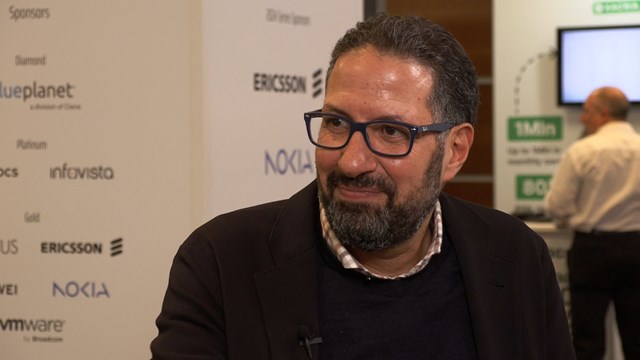Under the aegis of the Fifth World Telecommunication/ICT Policy Forum (or WTPF-13 as it is more snappily known in apparatchik-land) taking place in Geneva, Switzerland, this week, the International Telecommunications Union (ITU) is yet again attempting to sequester to its own unelected self the "right" to control the Internet on behalf of national governments.
WCIT-12, held last year in Dubai became notorious for the ITU's remorseless determination to push the 'control' agenda to such an extent that the US delegation actually walked-out of the meeting in protest. Not that it had much effect. The ITU ploughed on regardless.
On January 11 this year Hamadoun Toure, the man who is now well into his second and last term of office as the ITU's current Secretary-General, published a final WTPF-13 report which, basically, lays the groundwork for the discussions on Internet governance and regulation that are being debated in Geneva even as this article is being written.
The report refers to the devising and formulation of "Global Principles for the governance and use of the Internet." In it the ITU abrogates to itself the right to rule over the "use of Internet resources for purposes that are inconsistent with international peace, stability and security".
Sounds so noble and altruistic doesn't it? But then, as the old saw has it, "Fine words butter no parsnips". The reality behind the verbiage is that the ITU is determined, if it can, to take international control over Internet data privacy, data security and to police cybercrime. A nice, wide, self-ordained and all-encompassing remit.
These issues are, quite literally, none of the ITU's business but the organisation is desperate to carve a new role out for itself in a changed world, a wireless, digital, virtual world in which it finds itself increasingly irrelevant. This is a political power play - pure and simple.
To that political, economic and social end the ITU actually goes so far as to seek to change the status quo of the "multi-stakeholder" model of Internet governance that has grown organically since the Internet began.
Thankfully, as things stand, many national governments have very limited power of control over the Internet. This, the ITU has decided, must change and it wants to be the body via which governments will accrue a lot more power to control the Internet. The ITU claims that this is because they are currently under-represented in the multi-stakeholder model and thus do not have "sufficient" power to rule it! Well, they rule just about everything else, don't they? Why not leave something outside of their grasp.
So If the ITU gets its way many the governments of the world's countries will be able to emulate authoritarian regimes such as North Korea, China, Saudi Arabia and Iran and digitally disenfranchise their citizens by preventing them from having untrammeled access to information that has not been filtered through a national gateway and subjective political and economic sensibilities. It would be a dictator's charter, an authoritarian's wet dream and a disaster for the world.
Following the January 2013 release of the ITU's self-penned apologia for its own ambitions to take control of the Internet, the Robert McDowell, an outgoing commissioner of the US Federal Communications Commission (FCC) told a joint House subcommittee hearing on international Internet governance the ITU's ambitions "must be stopped."
Mr. McDowell says that the WCIT-12 antics willl pale into insignificance in comparison to what the ITU has planned for WCIT-13 which is finally to agree, firm-up and codify the agenda for next year's 2014 ITU Plenipotentiary Conference (or PP-14 as it is more generally known) to be held in Busan, South Korea between October 20 and November 7. They do like to take their time with these things.
Robert McDowell adds that Busan 2014 will be where "Internet freedom's foes around the globe are working hard to exploit a treaty negotiation that dwarfs the importance of the WCIT by orders of magnitude."
And there is political will to stop the ITU pursuing and securing its overweening ambition. For example, and incredibly given the stark partisan divisions rending the place, the US House of Representatives actually voted unanimously (by 307-0) to oppose the ITU's plans.
Meanwhile, over in Europe, the European Parliament, followed the US example with all 27 member states of the European Union voting to oppose the ITU's proposals. Amongst others also opposing are Australia, Canada, Mexico and New Zealand.
And. should you think that the ITU is a benign and open organisation, do not forget how secretive it was about its plans for the Internet. Everything about them was hidden from public scrutiny until the 'WCITleaks' website demonstrated the power of the unregulated Internet by publishing the ITU's schemes online and putting the entire moribund organisation into a blue funk. It only came clean when it had no other choice. Think what would have happened if it actually did have monopoly control over the Internet. Go on, hazard a guess.
Email Newsletters
Sign up to receive TelecomTV's top news and videos, plus exclusive subscriber-only content direct to your inbox.



